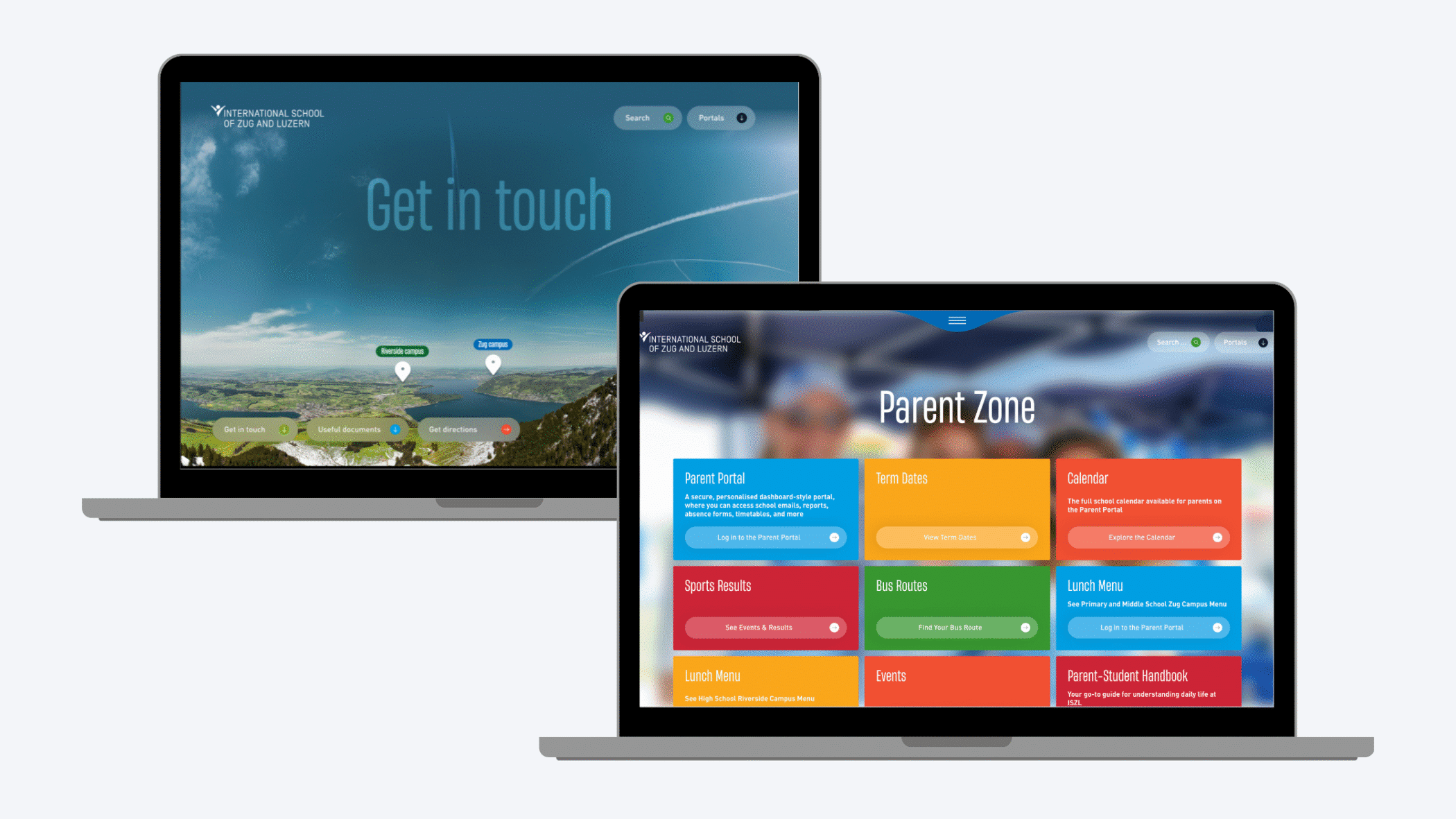Building for the Future: Our New Middle School
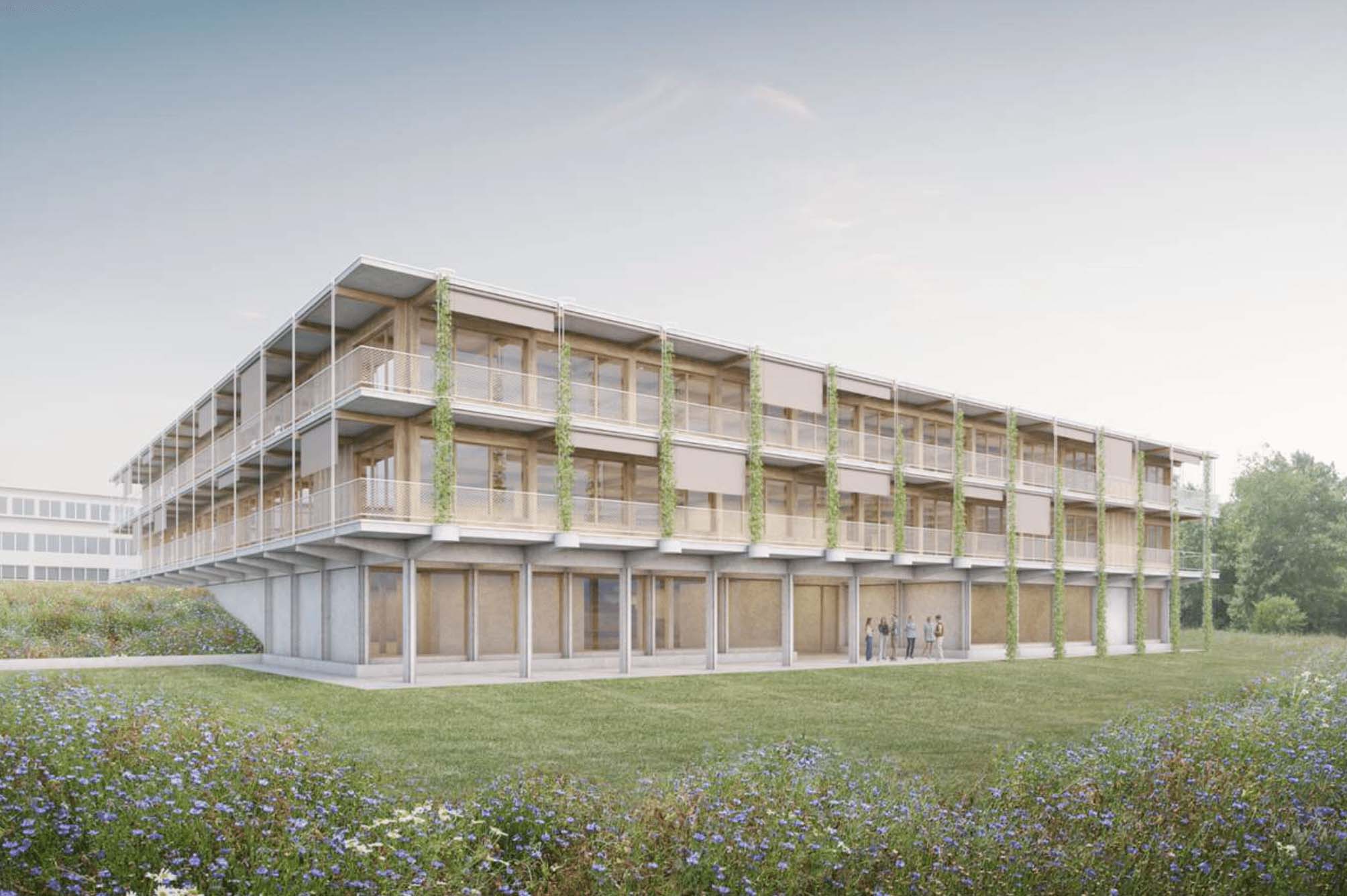 Read the article
Read the article
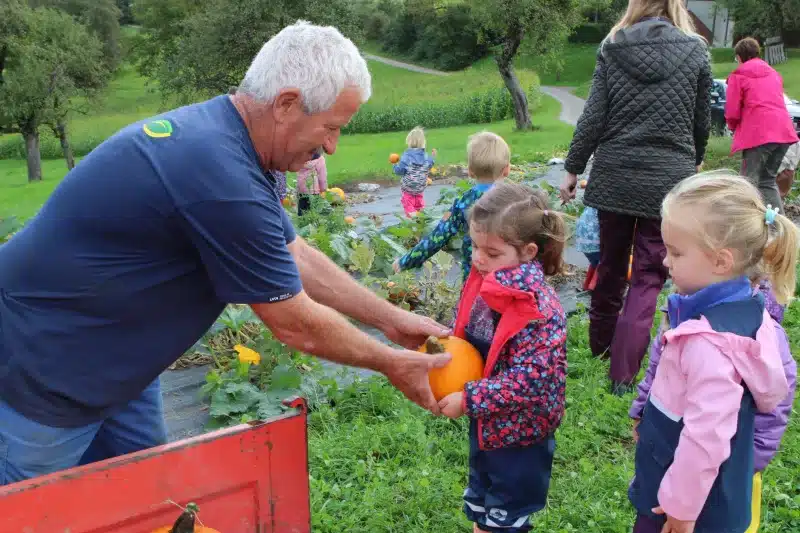
Our Early Years German teacher, Grainne McFadden-Rohan, explains how early language development is both local and joyful — making the most of our Swiss connections while having fun.
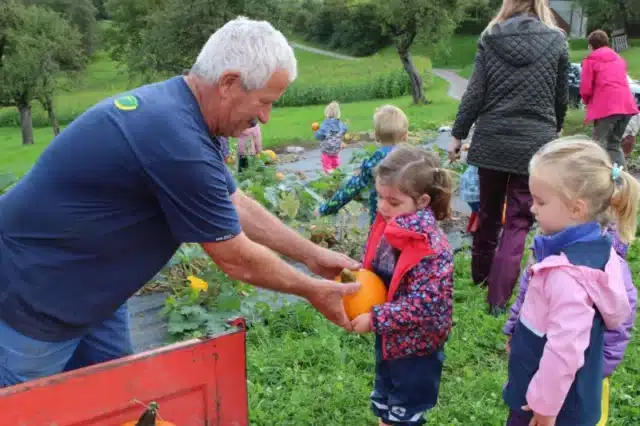
As part of the Early Years Programme at ISZL, the German language is interwoven into the child’s day through a variety of weekly routines and activities. It plays a significant role in their school life, giving them the opportunity to be immersed in German.
Throughout the Early Years, German is taught in this authentic and integrated way, and is personalised to meet the needs of children of different ages and at different stages in their language learning journey. Children who are already becoming proficient German speakers have opportunities to share their understanding, and those children who are beginning their learning journey have opportunities to listen, to develop strategies for comprehension and to try out their new language.
It is vital that children’s experiences at an early age are positive and foster a lifelong love of learning. This belief is at the core of our German teaching practice and can be seen in regular organised activities, such as:
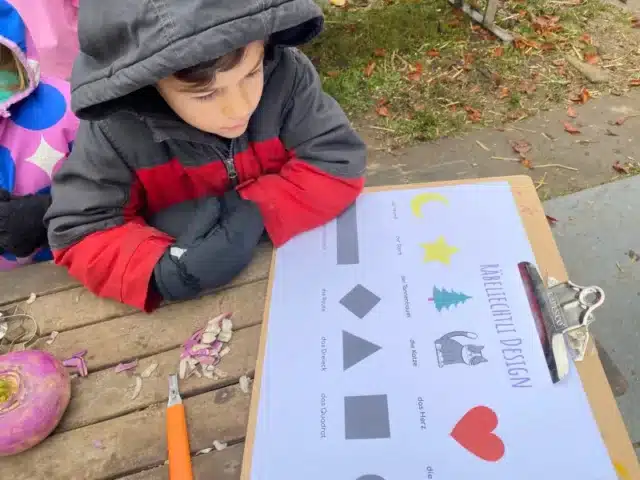
Switzerland offers a vibrant community-based diary of festivals and celebrations. Whether families are here for a short time or many years, they benefit from active participation in the local community. Like many children in the area, the children at ISZL take part in traffic training conducted by the local police. We have found that local Swiss organisations warmly welcome our participation in local events, including:
Our youngest learners and their families make life-long memories through their participation. Creating a beautiful beeswax candle is now a regular winter ritual in Kindergarten. We are warmly welcomed at a local ‘Kerzenziehen’ workshop and the children are guided in crafting their own candles. Sharing these experiences with the school community often gives families the confidence to take part in local traditions independently, anchoring their connection to their Swiss neighbourhood.
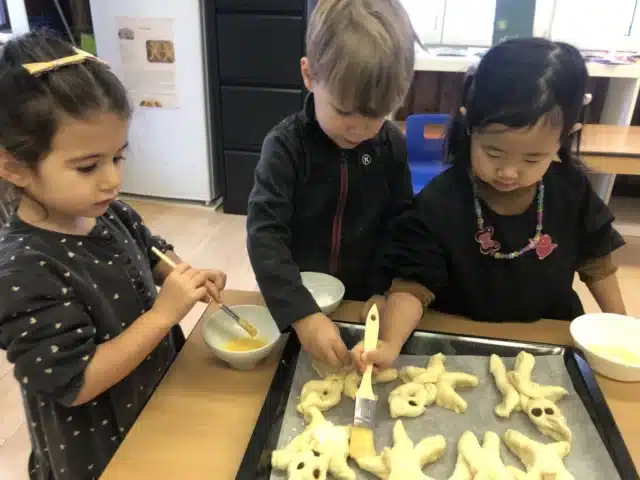
Our goal is to help the children to see the rewards that come with learning a language. Specifically, we want them to become comfortable with the sounds and rhythms of the German language, acquainting them with the cues of context and gesture that allow them to identify both known and unknown words and phrases. In addition to providing a solid foundation for all future language learning, the ability to comprehend, and then to interact with their Swiss environment is an empowering experience for children of this age. Whether understanding and using short phrases in shops and on public transport, joining in games at a playground, participating in sports and clubs in the local community, or simply interacting more fully with Swiss neighbours and acquaintances, we aim to develop and nurture a long-lasting familiarity with the language.
 Read the article
Read the article
